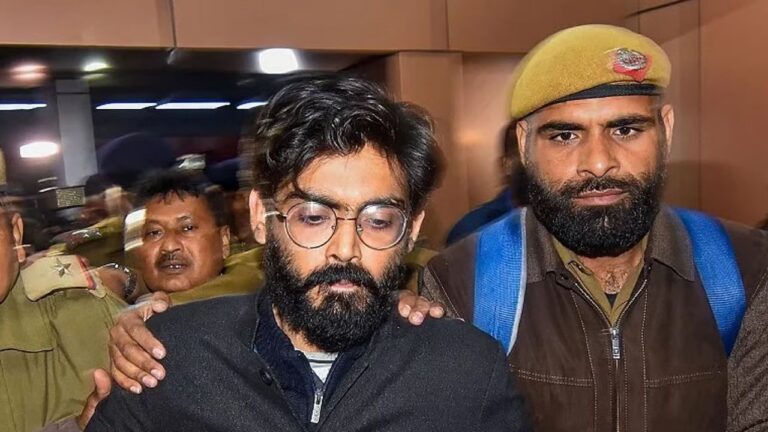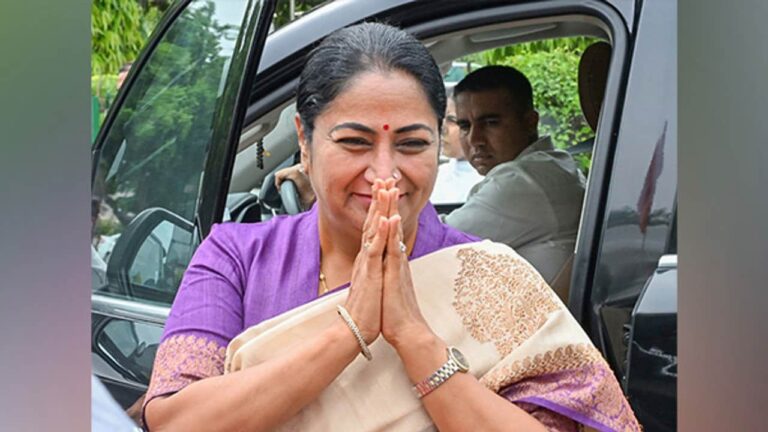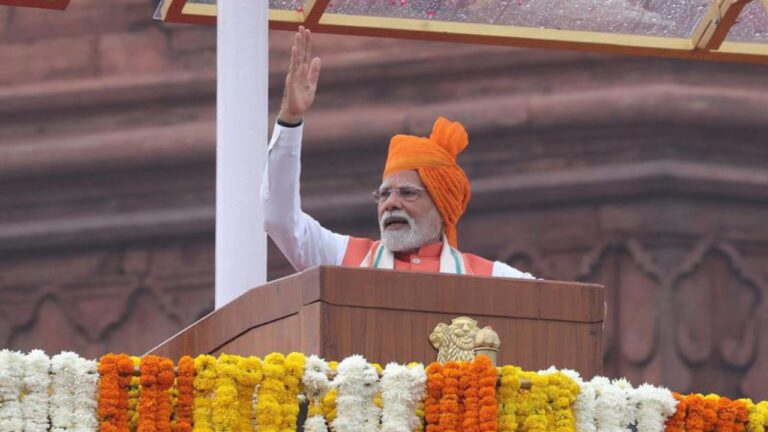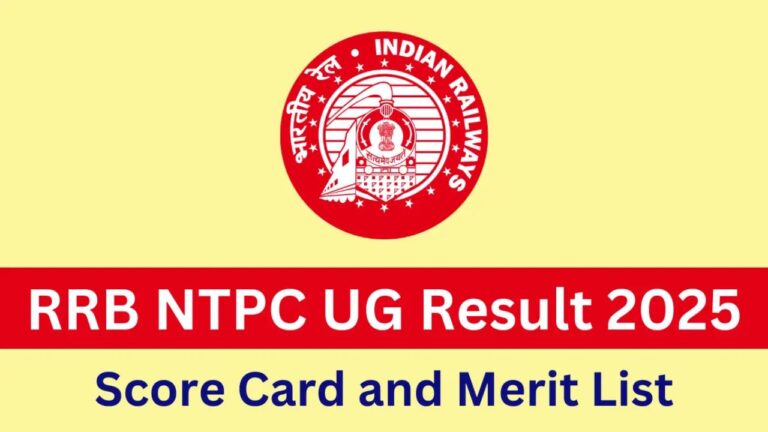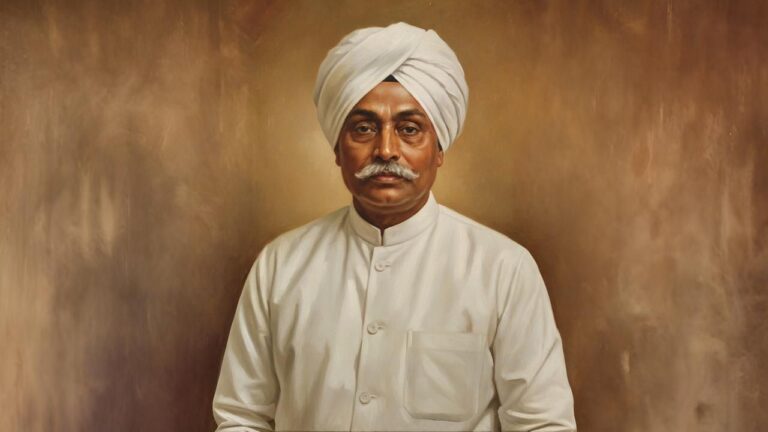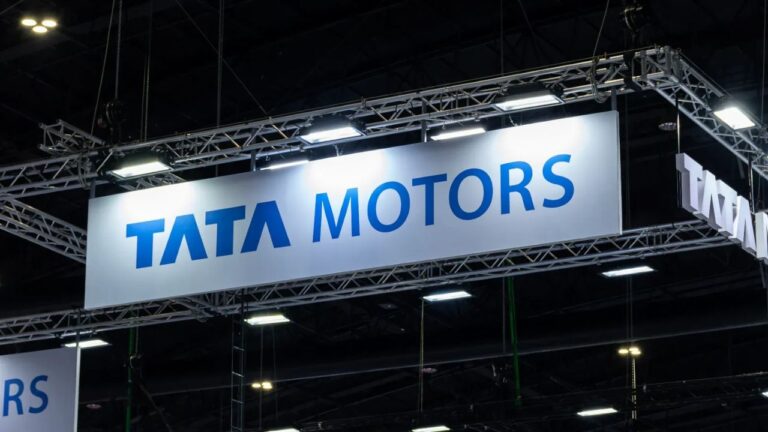
Polling officers are collecting VVPAT and EVM and going through with the operation of electronic Voter Verifiable Paper Audit Trail (VVPAT) machines and Electronic Voting Machines (EVM) in a distributing centre, on the eve of by-election of Tripura Legislative Assembly at Agartala. Express photo by Abhisek Saha 22.06.2022 *** Local Caption *** Polling officers are collecting VVPAT and EVM and going through with the operation of electronic Voter Verifiable Paper Audit Trail (VVPAT) machines and Electronic Voting Machines (EVM) in a distributing centre, on the eve of by-election of Tripura Legislative Assembly at Agartala. Express photo by Abhisek Saha 22.06.2022
In a decisive move, the Supreme Court of India dismissed the proposal to revert to ballot paper voting, emphasizing the impracticality of such a step and reaffirming faith in the Electronic Voting Machines (EVMs). The court’s stance came during a hearing on a petition filed by the electoral reforms non-profit Associated Democratic Reforms (ADR) and others, questioning the reliability of EVMs in ensuring fair elections.
Judicial Reminder of Past Electoral Practices
A division bench comprising Justices Sanjiv Khanna and Dipankar Datta reminded the petitioners’ counsel of the historical context, asserting, “Fortunately, we are now in our sixties and have seen what used to happen earlier. Have you forgotten that? If you have forgotten that, I am sorry, I have not.” This sentiment underscores the court’s reluctance to revert to traditional ballot papers due to the vulnerabilities they posed.
Skepticism Surrounding EVMs Addressed
The petitioners expressed concerns over the integrity of EVMs, alleging potential manipulation. They urged the court to direct the Election Commission of India (ECI) to correlate each Voter Verifiable Paper Audit Trail (VVPAT) with the corresponding EVM vote. VVPAT provides a paper trail confirming the voter’s choice, stored by election officials.
Judicial Scrutiny of Petitioners’ Claims
During the hearing, the judges probed the petitioners’ arguments while expressing skepticism towards comparisons with international electoral practices. Justice Datta objected to drawing parallels with Germany, asserting the unique scale and complexities of Indian elections. He highlighted the immense logistical challenge of conducting elections in a populous nation like India, suggesting confidence in the existing electoral system.
Upholding Accountability and Practicality
The court refused to entertain claims questioning the trustworthiness of EVMs based on their manufacturer or by allowing private sector involvement in production. Additionally, the bench upheld regulations discouraging voters from requesting VVPAT slips without valid concerns, citing practical constraints in interrupting the voting process.
The Supreme Court’s firm dismissal of calls to abandon EVMs in favor of traditional ballot papers underscores its commitment to upholding the integrity and efficiency of India’s electoral process. As the nation approaches the forthcoming Lok Sabha polls, the judiciary’s stance provides clarity and assurance in the electoral framework, emphasizing accountability and practicality in safeguarding democratic principles.
